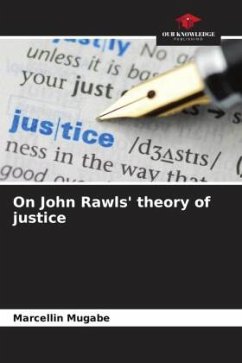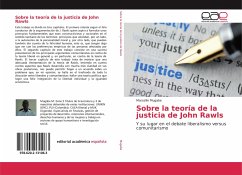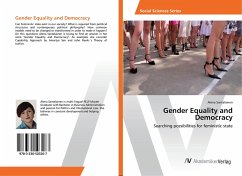This paper is divided into three chapters. The first one tries to follow the main thread of J. Rawls' argumentation, who aspires to formulate fundamental principles that are constructivist and rational in the Kantian sense of the terms: principles that, on the one hand, attend to the autonomy of the moral personality and, on the other hand, that can also account for human happiness, that is, that have something to do with the empirical preferences of the persons affected by them. The second chapter of this paper consists of a succinct presentation of the main communitarian arguments against liberal theory in general and, in particular, against Rawls' theory. The third chapter of this paper tries to show that an adequate interpretation of Rawls's theory, taking into account certain aspects that Rawls develops much more clearly in his later works, can allow us to reach an agreement on a problem that, in my opinion, lies at the heart of the whole discussion between liberals and communitarians: to find a political theory that achieves a successful integration of individual freedom and economic equality.
Bitte wählen Sie Ihr Anliegen aus.
Rechnungen
Retourenschein anfordern
Bestellstatus
Storno








